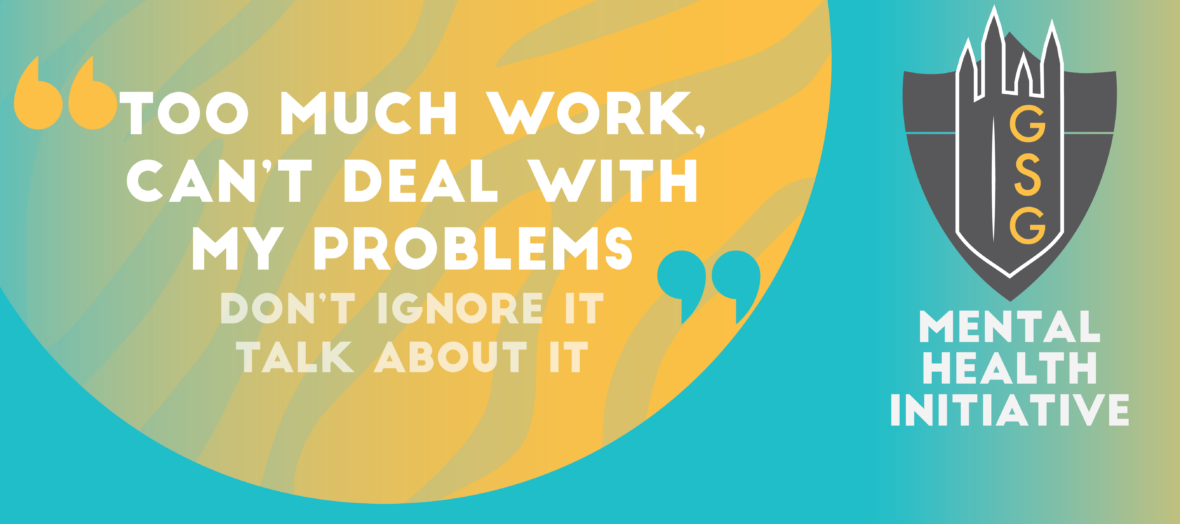Key findings from 2019
- 22% of Princeton graduate students report moderate to severe symptoms of depression
- 25% of Princeton graduate students report moderate to severe symptoms of anxiety
- 12% of Princeton graduate students in each class year report suicidal ideation
- 18% of Princeton graduate students in years 6+ report suicidal ideation
- Experiences that predict better mental health outcomes include:
- Work/life balance
- Fewer depressive symptoms
- Fewer anxious symptoms
- Less drugs/alcohol use
- Less likely to have worsening of existing symptoms
- Community support
- Less suicidal ideation
- Fewer depressive symptoms
- Fewer anxious symptoms
- Support from graduate student peers and friends from outside of graduate school was especially important
- Work/life balance
- Experiences that predict worse mental health outcomes include:
- Experiencing misconduct (e.g. racial discrimination or sexual harassment)
- More depressive symptoms
- Development of new mental health problems
- Long commute
- More anxious symptoms
- Experiencing misconduct (e.g. racial discrimination or sexual harassment)
Ideas for interventions
- How can advisors be role models for healthy work life balance?
- How can graduate students reach out to peers with small personal support networks?
- How can we reduce misconduct and discrimination and promote respectful relationships?
- How can we better support DCE status students?
